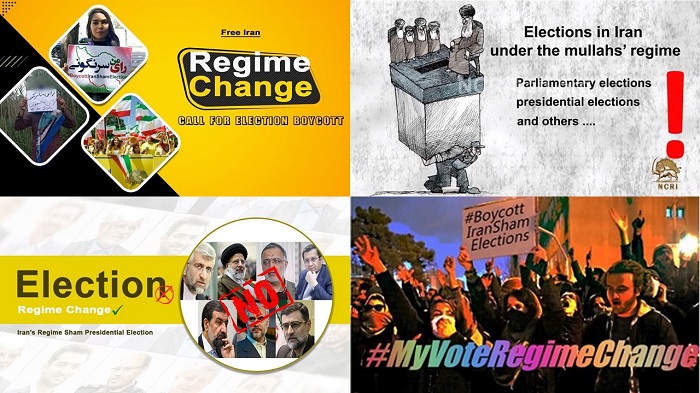
The Iranian dictatorship conducted its presidential debates, ahead of the June 18 rigged election. The performance confirmed Iranians’ determination to boycott the poll and support regime change. Out of roughly 600 people who registered before the Guardian Council vetted them, only seven so-called “candidates” are expected to appear on the ballot.
The forthcoming election is a charade that will result in the installation of the regime’s incumbent Judiciary Chief Ebrahim Raisi as the next president, the candidate favored by the fundamentalists’ Supreme Leader Ali Khamenei.
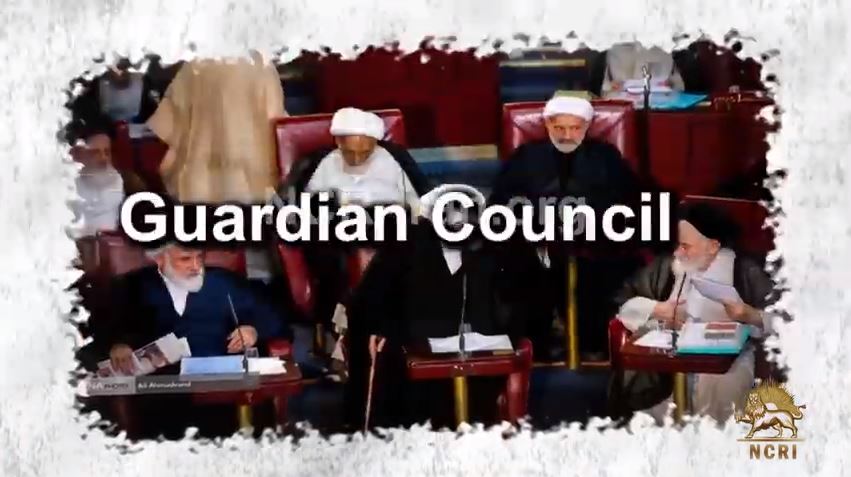
The debate was essentially used by Raisi and other members of his faction to blame the regime’s President Hassan Rouhani for the country’s deteriorating economic situation and the Covid-19 pandemic.
However, none of the candidates had a strategy for dealing with the current crises, which include high inflation, unemployment, and rising commodity costs.
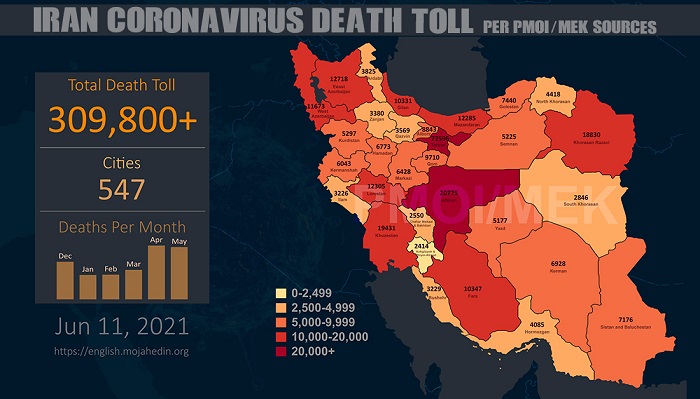
Before the debate, the regime’s officials and state media outlets predicted record low voter turnout, and their own critique of Saturday’s proceedings implies that these predictions have only been cemented.
The widespread boycott of the rigged election is the outcome of a coordinated boycott effort led by Iran’s opposition, the Mujahedin-e Khalq (PMOI / MEK Iran).
Its “Resistance Units” held public demonstrations in at least 250 locations across the country in April alone, and their efforts continued throughout May and into June, attracting the attention of diverse participants in socio-economic protests.
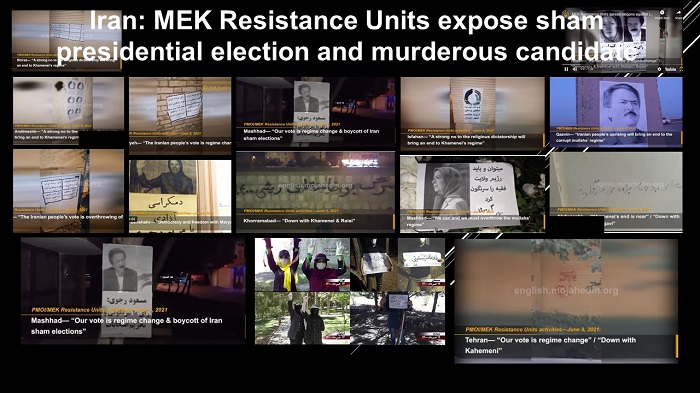
Pensioners who have seen their income decrease to the point where they can no longer afford basic needs, as well as formerly middle-class citizens whose assets were ruined by government-run investment schemes, are among those demonstrating.
These and other groups have used slogans like “we have seen no justice; we will not vote anymore” to suggest that they will not vote in the June 18 election and that they will not vote in any future elections held under the same system.
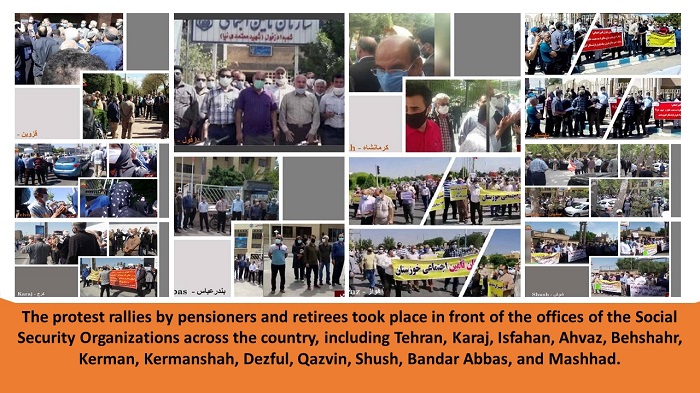
Today, it should stand to reason that the presidential elections are a complete charade, set up for the notorious figure Ebrahim Raisi, involved in the massacre of 30,000 political prisoners in 1988 to be elected as Iran’s next president, in the aftermath of Khamenei’s centralization of power.
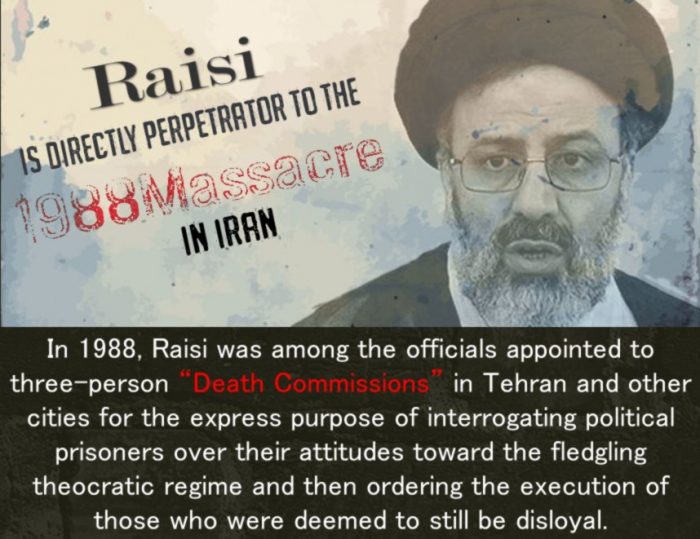
The international community’s and the Iranian people’s responses to a process that Mohammad Mohaddessin, Chairman of the National Council of Resistance of Iran‘s Foreign Affairs Committee, described as “a travesty and a selection process by a supreme leader who is himself unelected,” are critical to the future of Iran.
The effectiveness of the PMOI’s electoral boycott campaign, as well as the ramifications for a possible resumption of widespread demonstrations like that seen in January 2018, November 2019, and January 2020, will be assessed during the World Summit on a Free Iran in July.
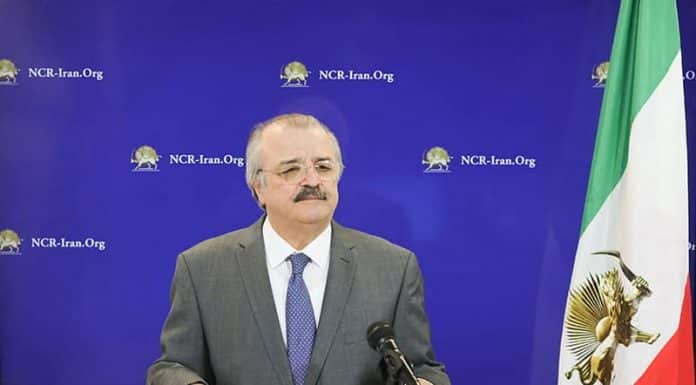
A large boycott, Mr. Mohaddessin asserted in a press conference last month, will be a precursor to a “looming nationwide uprising waiting in the wings,” ” And when that happens, it will be far more intense and widespread than in previous years,” he continued. “In a nutshell, this is a fight for Khamenei’s life.”
The NCRI, a coalition of pro-democracy organizations that includes the MEK, will hold its annual international meeting, where it will discuss possible changes in Western foreign policy that could help the Iranian people in the wake of Raisi’s election from mass murderer to the president.
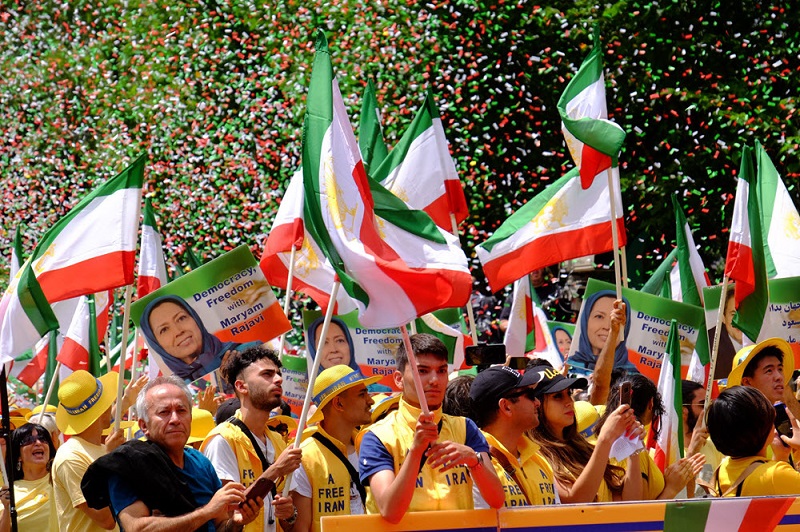
MEK Iran (follow us on Twitter and Facebook)
and People’s Mojahedin Organization of Iran – MEK IRAN – YouTube







